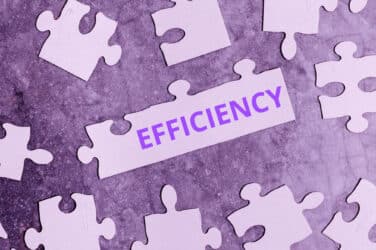
ICAP reports record volumes on BrokerTec and EBS platforms.
Operators of wholesale brokerage electronic platforms are prepping for the coming wave of rules and implementations from regulators on both sides of the Atlantic.
“The changing regulatory environment is driving increased volume on electronic platforms,” Ed Brown, executive vice president, business development and research at ICAP Electronic Broking, told Markets Media.
In the United States, the SEC and CFTC are adopting rules implementing the Dodd-Frank Act, while in Europe, regulators are putting the finishing touches on MiFID II and European Market Infrastructure Regulation (EMIR).
Together, Dodd-Frank and MiFID/EMIR will mandate that vanilla OTC swaps be traded on multidealer platforms and be centrally cleared via CCPs.
The applicability of central limit order books (CLOBs) to swaps trading is a hotly-debated topic among market participants as the SEC and CFTC wade through the convoluted Dodd-Frank rulemaking and implementation process.
“The CFTC’s proposed rules around swap execution facilities [SEFs], specify that SEFs can either be a CLOB or an RFQ-based system,” Brown said. “ICAP is prepared to support both.”
In the case of ICAP’s dealer-to-dealer [D2D] platforms for highly liquid instruments, such as FX and fixed income securities, CLOB is the matching system of choice. “RFQ is a functionality that’s more applicable to the dealer-to-customer [D2C] space,” Brown said.
ICAP reported that total average daily electronic broking volumes on the BrokerTec and EBS platforms reached their highest-ever annual level of US$828.3bn in 2011, an increase of 11% over 2010.
Average daily spot FX volumes on the EBS platform for the 12 months to December 2011 were $159.1bn, an increase of 5% over 2010. Average daily volumes in fixed income products on the BrokerTec platform for the 12 months to December 2011 were US$669.2bn, an increase of 13% over the previous year.
In the SEC’s proposed rule, if a securities-based SEF operates a CLOB and a separate RFQ mechanism, then any trade would need to interact with existing interest on the central limit order book at the same or better price before interacting with interest on the RFQ platform.
Market participants are concerned that if a block trade were required to interact with other trading interest on an SB SEF, there might not be enough liquidity on the SB SEF to execute the entire block trade, leaving a portion of the block trade unexecuted.
Not having a large trade filled, or having it filled at a disadvantageous price as a result of having to enter into more than one trade as part of the execution process, could harm investment performance.
Consequently, market participants have urged exceptions for the handling of block trades, including the ability to negotiate and execute block trades without having to interact with resting orders.





